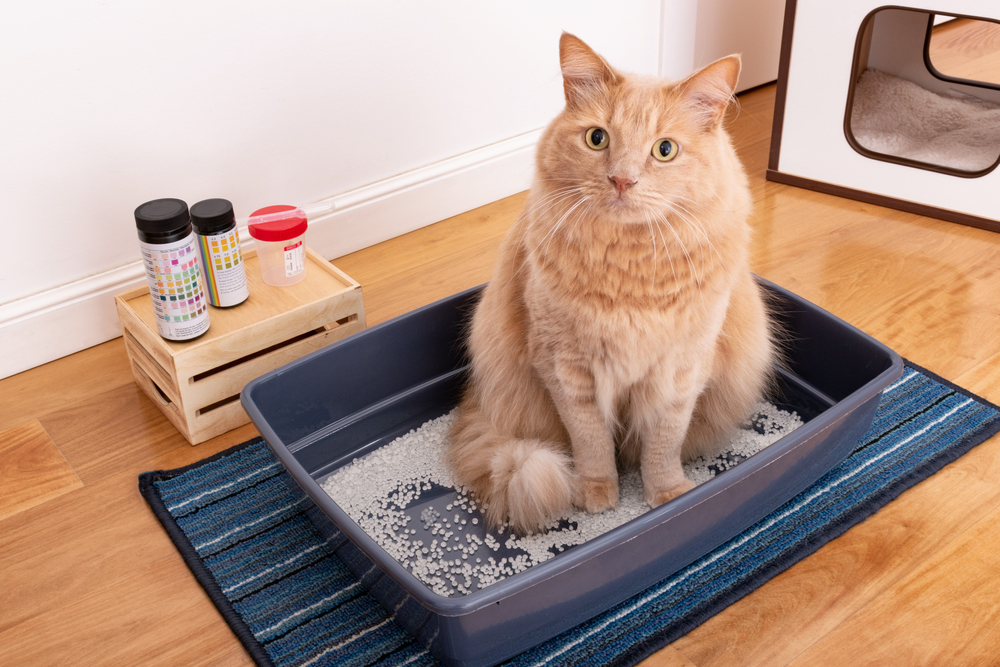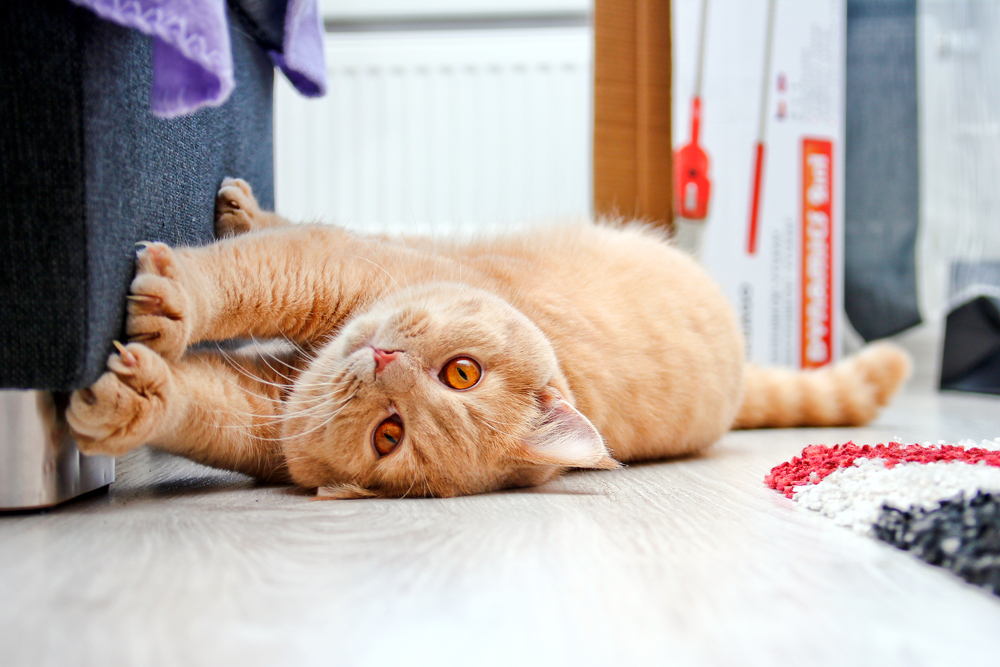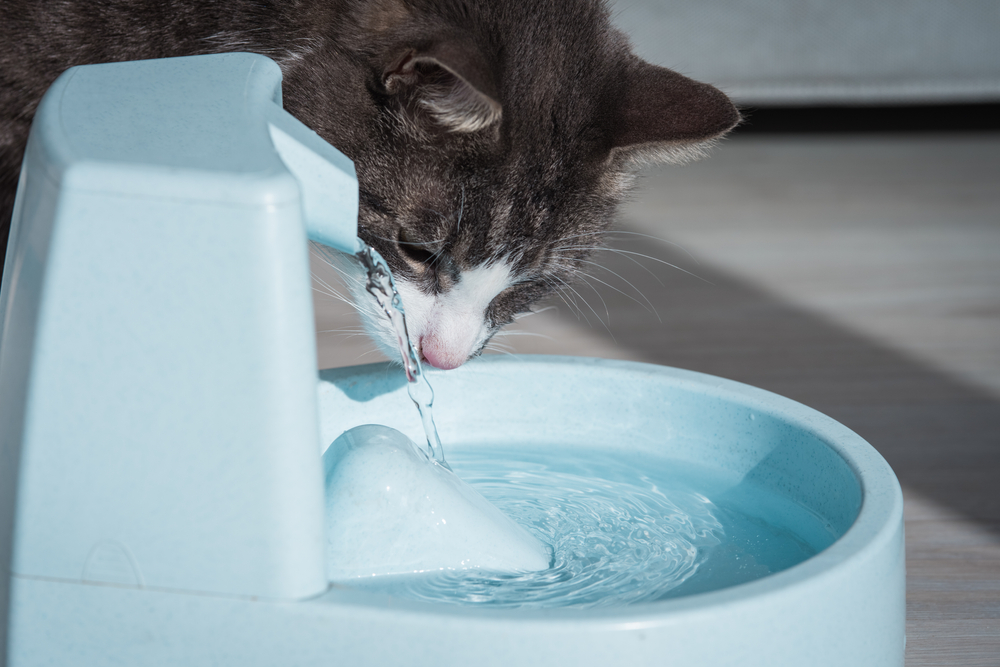Understanding Feline UTIs: Caring for Your Cat's Urinary Health
Feline urinary tract infections (UTIs) are a common and often painful condition that can significantly impact your cat’s quality of life. As a pet parent, it’s crucial to understand what a UTI is, how it affects your cat, and the symptoms to watch out for. This knowledge will empower you to take prompt action and seek veterinary care, ensuring your cat remains healthy and comfortable.

What is a UTI?
A urinary tract infection in cats occurs when bacteria enter the bladder or urethra, leading to infection and inflammation. While UTIs are more common in older cats, they can affect cats of any age. Female cats are generally more susceptible due to their shorter urethras, which provide bacteria with easier access to the bladder.
How UTIs Affect Cats
Recognizing the signs of a UTI in your cat is crucial for early intervention. Here are some common symptoms to watch for:
- Frequent Urination: If your cat is making more trips to the litter box than usual, it could be a sign of a UTI.
- Straining to Urinate: Cats with UTIs may strain or cry out while trying to urinate due to the pain and discomfort.
- Blood in Urine: Bloody or discolored urine is a red flag that should never be ignored.
- Urinating Outside the Litter Box: If your cat starts urinating in unusual places, it might be due to the association of the litter box with pain.
- Licking the Genital Area: Excessive grooming of the genital area can indicate irritation or discomfort.
Behavioral Changes: Cats with UTIs may become more irritable, lethargic, or lose interest in their usual activities.
Caring for a Cat with a UTI
If you suspect your cat has a UTI, it’s essential to seek veterinary care immediately. At Desert Paws Mobile Veterinary Care, we provide comprehensive and convenient care right at your doorstep. Our experienced veterinarians can diagnose and treat UTIs, ensuring your cat receives the best possible care without the stress of a clinic visit.
Treatment typically involves antibiotics to clear the infection and pain relief to ease discomfort. Additionally, your vet may recommend dietary changes or increased water intake to prevent future UTIs. Regular check-ups and monitoring are crucial to ensure your cat’s urinary health remains in top condition.

Ensuring Your Cat's Health with Desert Paws Mobile Veterinary Care
Feline UTIs are a common but serious condition that requires prompt attention and care. By recognizing the symptoms and seeking timely veterinary care, you can help your cat recover quickly and prevent future infections. At Desert Paws Mobile Veterinary Care, we are dedicated to providing your feline friend with the best care in the comfort of your home. If you notice any signs of a UTI in your cat, don’t hesitate to contact us and schedule an appointment. Your cat’s health and well-being are our top priorities.



 Request Appointment
Request Appointment



